Laser Knowledge
What is laser cleaning technology?
Laser Cleaning Technology
Laser cleaning technology is a method used to remove contaminants or unwanted material from the surface of an object using laser beams. It is a non-contact and non-abrasive technique that is gaining popularity in various industries for its precision and effectiveness.
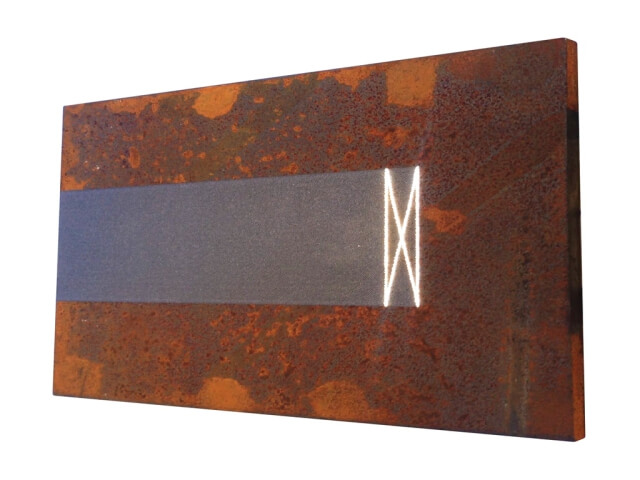
The process involves focusing a high-energy laser beam onto the surface to be cleaned. When the laser beam interacts with the material, it causes rapid heating and vaporization of the contaminants or unwanted layers. The high intensity of the laser beam breaks the chemical bonds between the surface and the contaminate, causing it to be ejected or ablated from the surface. The laser parameters such as power, duration, and wavelength can be adjusted to optimize the cleaning process for different types of materials and contaminants.
Laser cleaning offers several advantages over traditional cleaning methods. Firstly, it is a dry process that does not require the use of chemicals or solvents, making it environmentally friendly. It also eliminates the need for mechanical contact with the object, reducing the risk of damage or scratching. Laser cleaning can be highly precise, allowing selective removal of specific contaminants without affecting the underlying material. It is also a fast process, with high cleaning rates achievable in a short amount of time.
Laser cleaning technology finds applications in various industries such as automotive, aerospace, electronics, cultural heritage restoration, and many more. It can be used to remove rust, paint, grease, oxides, coatings, and other unwanted substances from surfaces of metals, plastics, stones, artworks, and delicate objects. However, it’s important to note that laser cleaning may not be suitable for all materials and surfaces, and proper evaluation and expertise are necessary to ensure successful and safe cleaning operations.
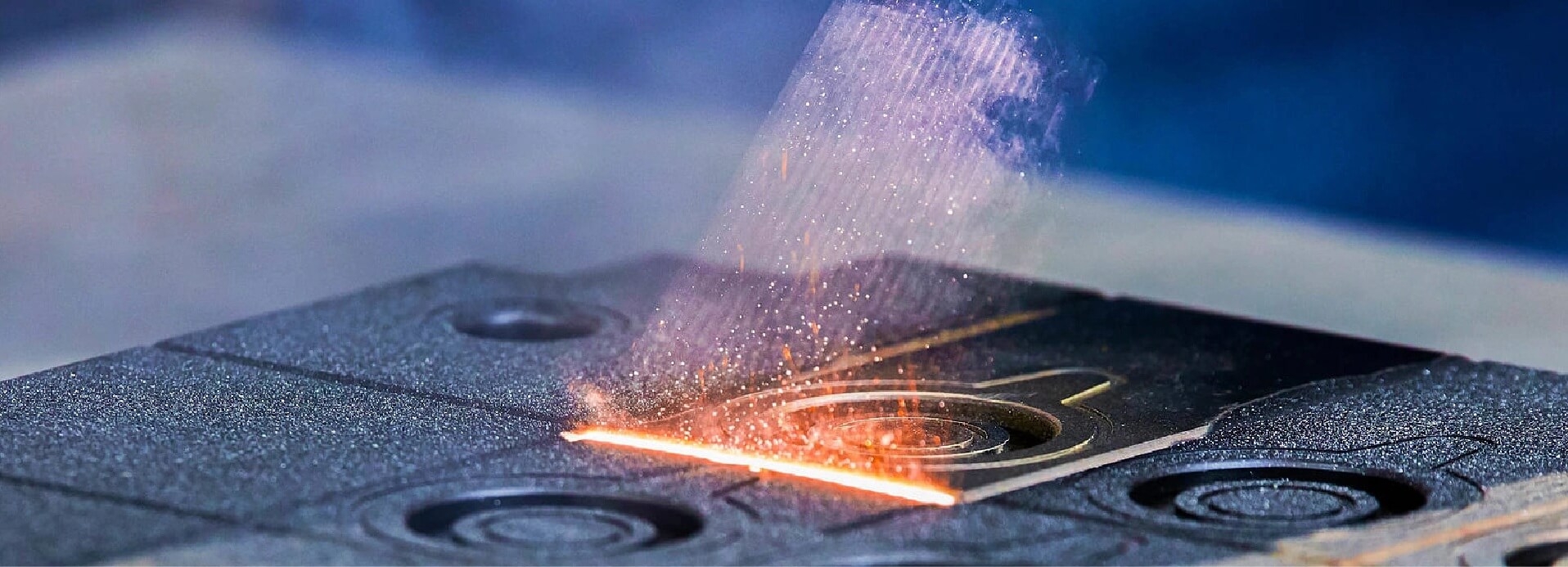
Details about laser cleaning technology
Surface Preparation: Laser cleaning can be performed on various types of surfaces, including metals (such as steel, aluminum, and titanium), ceramics, composites, glass, and more. However, certain factors like surface roughness, reflectivity, and color can influence the effectiveness of the process. In some cases, surface preparation techniques like pre-cleaning or coating removal may be necessary to enhance the cleaning results.
Contaminant Removal: Laser cleaning machine is effective at removing a wide range of contaminants, including rust, paint, oils, grease, scales, oxides, adhesives, and coatings. The laser can selectively remove these substances without damaging the underlying material. The process can also be used to clean delicate or intricate objects with complex geometries.
Advantages: Laser cleaning offers several advantages over traditional cleaning methods. It is a non-contact process, which means there is no physical contact between the cleaning equipment and the surface, minimizing the risk of mechanical damage. It is also a highly precise technique, allowing for selective cleaning and preservation of delicate features. Laser cleaning is environmentally friendly since it does not involve the use of chemicals or generate hazardous waste. Additionally, it can be automated and integrated into production lines, improving efficiency and productivity.
Safety Considerations: Laser cleaning involves the use of high-intensity laser beams, so appropriate safety measures should be taken. Protective eyewear must be worn to shield the eyes from laser radiation. The process should be conducted in a controlled environment, and operators should be trained in laser safety protocols.
Laser cleaning technology continues to evolve, and ongoing research and development aim to improve cleaning efficiency, expand its capabilities, and make it more accessible to various industries.
Laser cleaning technology has many advantages and has been widely used in various industries:
Laser cleaning can be used not only to clean organic pollutants, but also to clean inorganic substances, including metal rust, metal particles, dust, etc. Laser cleaning technology has been very mature in practical applications, such as the following industries:
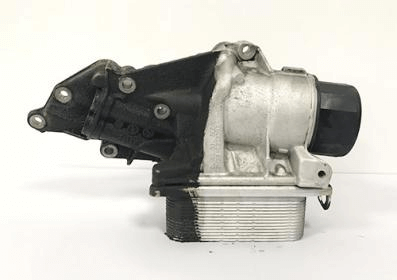
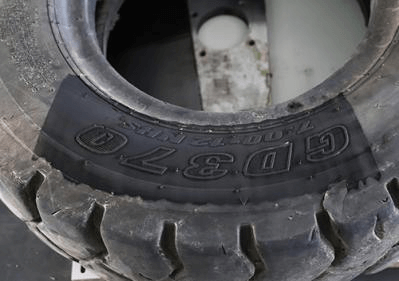
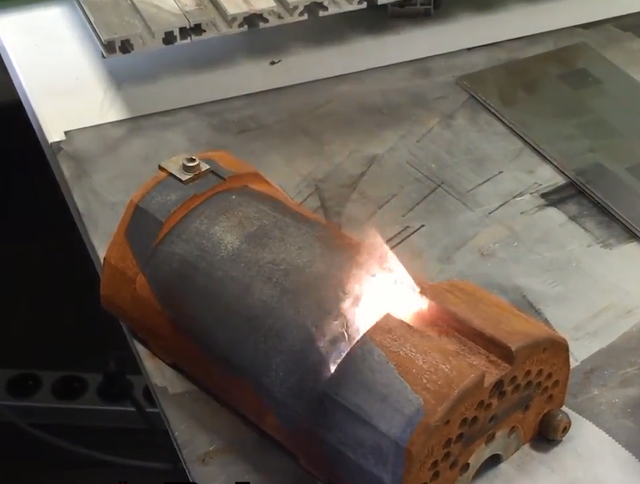
1. Cleaning of industrial molds;
2. Cleaning of military weapons and equipment;
3. Removal of old aircraft paint;
4. Cleaning of building exterior walls;
5. Cleaning in the electronics industry;
6. Precise degreasing and cleaning in the precision machinery industry;
7. Medical industry: a variety of medical specialties, including ophthalmology, general surgery, neurosurgery, ENT, dentistry, oral and maxillofacial surgery, and veterinary medicine.

IGOLDEN BLOG
Thank you for visiting the iGOLDENCNC website. iGOLDENCNC is the professional supplier of CNC machinery application solution, within the business of producing and selling CNC machinery and accessories.